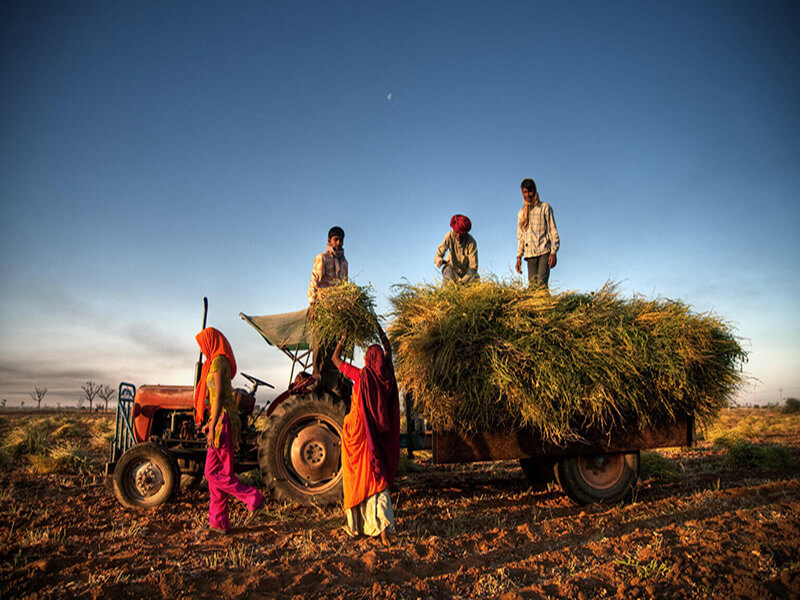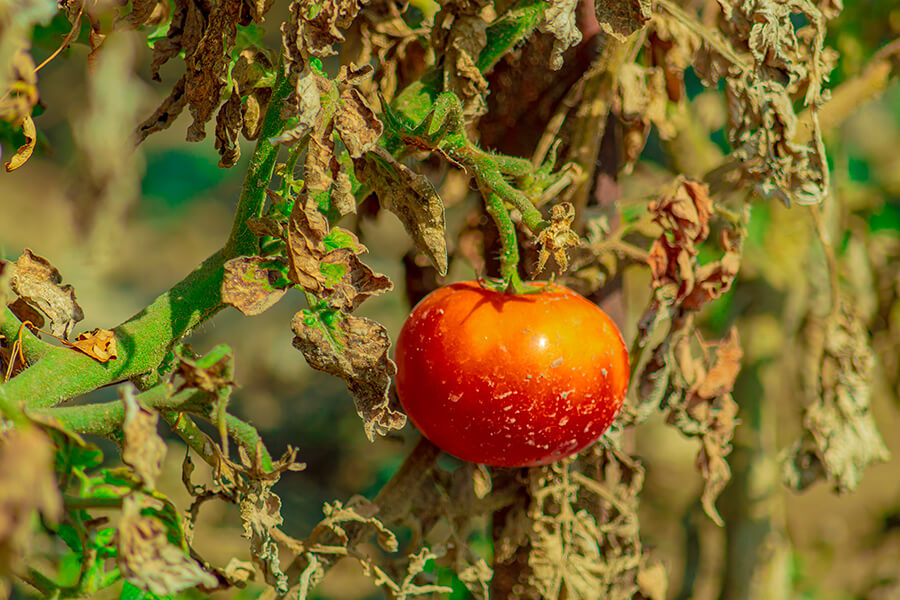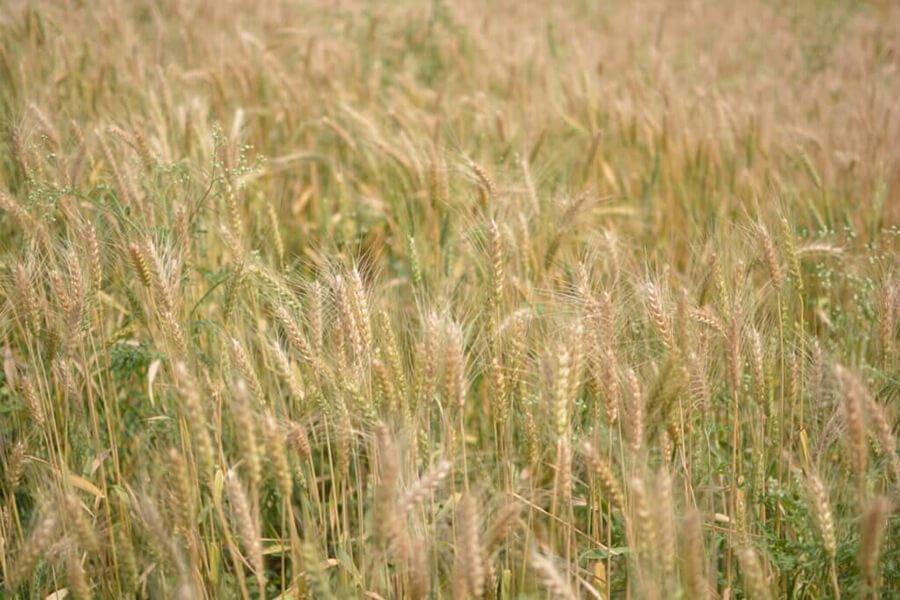As temperatures soar, milk, poultry and vegetable production gets impacted. This season’s wheat quantity and quality may also come down.
 Aarthi Ramachandran
Aarthi Ramachandran 
As temperatures soar, milk, poultry and vegetable production gets impacted. This season’s wheat quantity and quality may also come down.
 Aarthi Ramachandran
Aarthi Ramachandran
India is in the grip of a heatwave. Temperatures have touched over 40°C in many places already. The Met department has issued heatwave warnings for east and northwest India. This is the second successive year of extreme heat. Thirteen people attending an open-air event died of heat stroke in Kharghar, near Mumbai. Heatwave conditions now seem like a new normal during summers. What is the impact on agriculture?

The high summer temperatures in 2022 — the most severe in 122 years — led to lower foodgrain, fruit, vegetable as well as milk and egg production. Almost the whole of north and large parts of western India were most affected.
India’s wheat output and procurement dropped from the projected 111 million tonnes to about 107 million tonnes. The heatwave reduced yields by 15-20 per cent, according to a 2022 report by the Indian Council of Agricultural Research (ICAR). Fruits like kinnow, pomegranate, mango and lemon were affected too. Tomatoes, cabbage, cauliflower and gourds took a hit.

We are already hearing reports about milk shortages this year. Last year’s heatwave shrunk the milk yield by 15%. The same was the case with the poultry sector. We’re seeing a similar story unfold this time too. Chicken prices have fallen by 50% since farmers are selling the birds at a go, fearing that excessive heat may result in their deaths.
In India, wheat is a winter crop harvested in April. This year too there were climatic disturbances in the weeks leading up to the harvest. There were fears that last March’s heatwave would recur, starting in February. India saw its hottest February since 1877 with daytime temperatures touching nearly 30°C. Instead, Punjab and Haryana saw unseasonal rains. Wheat crops were damaged. There is a chance that wheat output could be impacted this time too given this double blow of heat and rain.

Governments in major wheat producing states have already assured farmers that they will be paid the full price even if the quality of wheat is inferior.
Indian summers are expected to get warmer, with more days of extreme heat in the coming years. Tackling climate change requires sustained efforts by governments to inform farmers about the technological innovations, such as drought-resistant varieties of seeds and other methods, available to minimise the impact of heatwave conditions. Better weather forecasting and advisory services to farmers are also on the list of recommendations made by the ICAR to help farmers with extreme climate events such as heatwaves.